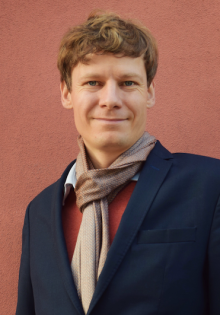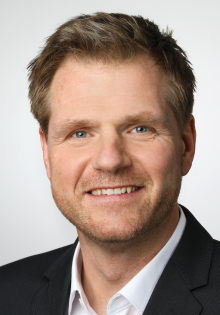ERC SYNERGY GRANT PROJECT: Cultures of the Cryosphere. Infrastructures, Politics and Futures of Artificial Cooling
Overview
Artificial cooling fundamentally shapes the world we live in. Since the onset of the Cold War, cooling and freezing technologies have become increasingly vital for a wide array of everyday practices, from nutrition, health and reproduction to dwelling, telecommunication, scientific research and economic productivity. A global system of cold storages, cold chains and air-conditioned spaces has become an energy-intensive yet barely considered planetary infrastructure: an “artificial cryosphere”. Artificial cold has drastically restructured life both on a biological and social level, yet the far-reaching impact of this technology is still largely unexplored and unresearched. Recent studies estimate that global cooling demand will increase five-fold by 2050, dramatically exceeding our future energy budget and urgently calling for change.
Our research project argues that avoiding the impending global cooling crisis will be impossible if we do not understand how the planetary infrastructure of artificial cold is deeply interwoven in cultural practices. Thus, in order to analyze the constitution of “cryogenic cultures”, we undertake four interdisciplinary multi-sited case studies in the domains of food supply, air conditioning, biomedicine and computing. We develop innovative approaches using mixed-methods rooted in the history of technology, geography, digital history of concepts, ethnography and the philosophy and ethics of technology.
Breaking ground for an innovative interdisciplinary field of research, this project will provide the first geographical mapping of the cryosphere, a historical reconstruction of its emergence, an ethnographic account on its cultural constitution, and a philosophical analysis and ethical assessment of its underlying norms and values. Thereby, we aim to develop a corpus of urgently needed knowledge to critically analyze a pressing global phenomenon while also identifying alternatives towards a more just and sustainable future of cooling.
The project is funded under ERC Synergy Grant Nr 101118625 (2024 – 3030).
Funded by the European Union. Views and opinions expressed are however those of the author(s) only and do not necessarily reflect those of the European Union or the European Research Council Executive Agency (ERCEA). Neither the European Union nor the granting authority can be held responsible for them.
Key Facts
- Grant Number:
- Research profile areas:
- Digital Humanities, Intelligente Technische Systeme
- Project type:
- Forschung
- Project duration:
- 09/2024 - 08/2030
- Contribution to sustainability:
- Responsible consumption and production, Sustainable cities and communities, Reduced inequality, Affordable and clean energy
- Funded by:
- Europ?ische Union (EU)
More Information
Contact
If you have any questions about this project, contact us!
PD Dr. Lisa Knoll
Soziologie
Wissenschaftliche Mitarbeiterin - Lehrveranstaltungsmanagerin - Forschung, Lehre, Studiengangskoordination

Dr. Martin Schmitt
Modern and Contemporary History
Wissenschaftlicher Mitarbeiter - Mitglied - Digital History, Social Media, Webseite

Dr. Gunnar Schomaker
Software Innovation Campus Paderborn (SICP)
Wissenschaftlicher Mitarbeiter - Stellvertretender Leiter - Stv Gesch?ftsführer Software Innovation Lab, R&D Manager – Smart Systems




